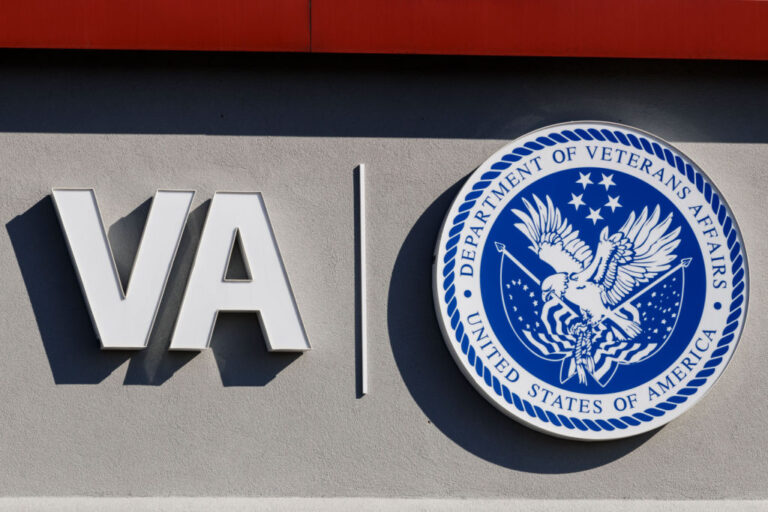Is TDIU and IU for Veterans the Same Thing?
For veterans whose service-connected disabilities significantly hinder their ability to work full-time, navigating the world of VA disability compensation can be confusing. Two terms frequently pop up – IU and TDIU – and they both refer to the same essential benefit: Unemployability due to service-connected disabilities.
Let’s break down the acronyms and explore this program’s nuances that offer veterans a financial lifeline.

The Essence of Unemployability
Both IU (Individual Unemployability) and TDIU (Total Disability based on Individual Unemployability) acknowledge the real-world impact of service-connected disabilities on a veteran’s ability to earn a living. Even if a veteran’s combined disability rating doesn’t reach the 100% mark, which triggers the highest level of disability compensation, IU/TDIU recognizes the limitations these disabilities impose and grants them the corresponding financial support.
A Matter of Terminology
The terms IU and TDIU are essentially interchangeable. The VA uses both terms officially, but “Individual Unemployability” is often preferred for its brevity. Veterans and advocates may use either term interchangeably, so understanding the meaning behind both acronyms is crucial.
The Path to Unemployability
There are two main paths to qualify for IU/TDIU:
- Schedular IU: This route has clear-cut rating requirements. A veteran’s combined service-connected disability rating must be at least 70%, with at least one disability rated at 60% or higher. This system simplifies the process but may not account for every veteran’s unique situation.
- Extraschedular IU: This path offers more flexibility. Even if a veteran’s combined rating falls below 70%, they can still qualify for IU/TDIU by demonstrating their unemployability due to service-connected disabilities. This requires a more robust application package with strong evidence, including medical records, doctor statements outlining limitations, and potentially employer statements or work history documenting struggles to maintain employment.
The Benefits of Unemployability
The primary benefit of IU/TDIU is financial security. Veterans with this status receive disability compensation at the 100% disability rate. This translates to significantly increased financial support compared to a lower disability rating. This financial security allows veterans to focus on managing their disabilities, potentially pursue education or training, and access necessary healthcare without the constant worry of losing their job or facing financial hardship.
Maintaining Unemployability
Once granted IU/TDIU status, veterans are subject to periodic evaluations by the VA to ensure their eligibility continues to be met. However, veterans who maintain a stable condition typically face minimal disruption in their benefits.
Seeking Help with IU/TDIU
The application process for IU/TDIU can be complex, especially for the extraschedular path. Veterans are strongly encouraged to seek assistance from Veterans Service Organizations (VSOs) like the American Legion or DAV (Disabled American Veterans). These organizations offer free help navigating the VA claims process and ensuring applications are complete and well-documented.
A VA benefits attorney, especially in the case of a denial, is also a route that many veterans choose to go to get approved for benefits.
Wrapping It Up
IU and TDIU are simply different names for the same essential VA program that recognizes the unique challenges faced by veterans whose service-connected disabilities significantly limit their ability to work full-time. Understanding the program’s benefits and the two application paths empowers veterans to seek the financial security and support they deserve. Don’t hesitate to reach out to VSOs for guidance in navigating the application process and ensuring you receive the benefits you’ve earned through your service.






